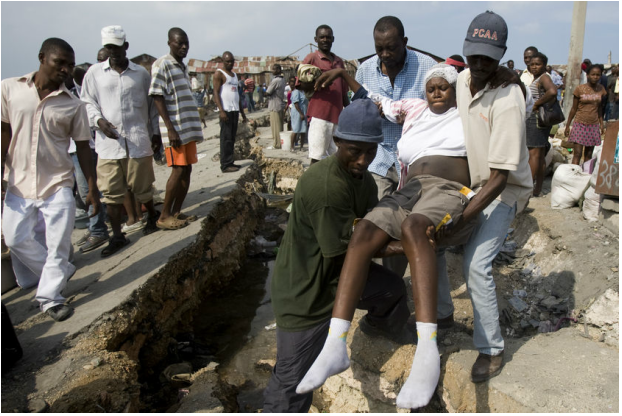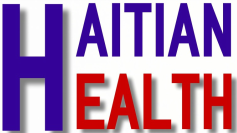|
A research study on low and lower-middle-income countries found a significantly positive association between longevity and the following socio-ecological determinants: Gross national income, physician density and mean years of schooling [1]. In a more recent study [2], internet user rate was also positively and statistically significantly associated with life expectancy in more than 178 countries. The countries where the average number of people lived longer had the highest frequency of people with access to internet-based health information.
Comparatively, although smartphone ownership and internet usage has been increasing worldwide, particularly in low and lower-middle-income countries [3], access to health information was found to be restricted [4, 5] and less prevalent [6] among certain users.
0 Comments
Early education, a well built environment, access to quality and affordable preventive care, social support, and policy changes and implementation are some of the upstream health factors that impact human behavior [1]. Behavioral changes can become manifest in the home environment, in the school setting, inside organizations, and at the community level. The expectations are such that, at the macro level, they will be reflected in the population health.
In a recently updated systematic review for the U.S. Preventive Services Task Force, the authors compiled the data on several studies that investigated the benefits and potential negative consequences of early health and behavioral education as a preventive clinical strategy for reducing the incidence of precursors of cardiovascular conditions among healthy people [2]. Micronutrients are fundamental components of healthy foods that are necessary for the prevention and good management of chronic conditions in the world population. In a recent study [1] involving Haitian-Americans, African-Americans, and Cuban-Americans, the researchers explored if any differences existed in the level of nutrients intake between the participants who were not diabetic and those who were. The level of adequacy of nutrient intake was also analyzed between the members of these three ethnic groups.
In times past, obesity was oftentimes synonymous with well-being and riches. However, decades of research revealed to us the detrimental impacts of this health condition on individuals and society. Following the dramatic changes in food production and population migration, this heath condition has become more widespread affecting all levels of society in the U.S. and many other countries in the world.
In the northeast region of the U.S., a group of recent immigrant women were interviewed on some of the socio-ecological determinants of obesity [1]. Healthy People - Lifting the 5-year ban on Medicaid privileges for U.S. Green Card Holders10/22/2015  Hypertension and hyperlipidemia are conditions that can be avoided and controlled adequately. However, the number of people with these conditions is still unacceptably high in the U.S., especially among the most disadvantaged groups. Many contributing factors have been identified in the literature such as the lack of insurance benefits and access to care. As evidenced in the literature, individuals without health insurance are more susceptible to not being diagnosed and treated for high blood pressure and hyperlipidemia. Considering the status quo on the disqualification of immigrants during their first 5 years of residency in the U.S. for Medicaid benefits, researchers looked into the national data to determine what degree of probability existed for these immigrants to becoming uncontrollably hypertensive and hyperlipidemic.  Empathic family stress is a type of stress experienced due to various challenges that are linked directly or indirectly to living with close, distant, and affinal family members. A research study was conducted in the Haitian community to determine the nature and impact of empathic stress in the lives of these community members. |
Mickelder Kercy, M.D. M.S.I learned about the art and science of medicine and was introduced to the community and population-based aspects of public health at the Université Notre Dame d'Haiti. My early practical interventions in the field of public health during medical residency in Haiti fostered my interest in pursuing additional academic training in public health. At Columbia University in the City of New York, I specialized in Public Health with a minor focus on Community Health Education. My special interest is in non-communicable chronic diseases, and the social-ecological approach to health education and promotion in secular and faith-based communities. Archives
October 2017
Categories
All
To subscribe to our blog and receive notifications of new posts by email
|






 RSS Feed
RSS Feed
